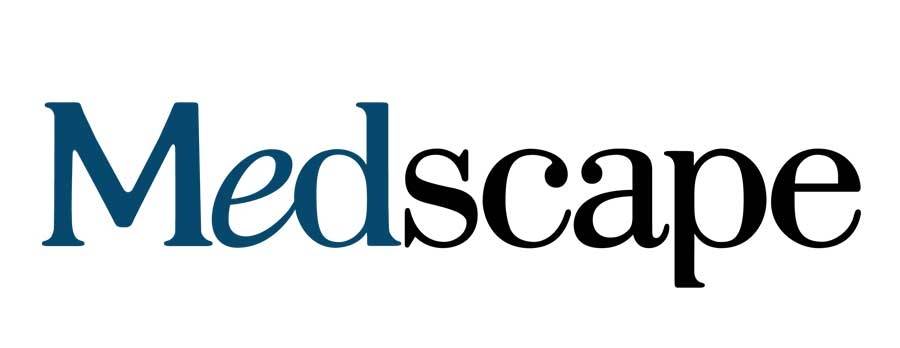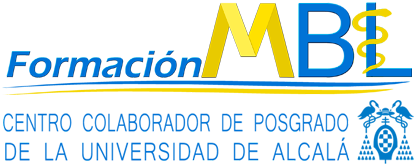
CHICAGO — A novel cellular approach that recruits three separate pathways involved in the oncogenesis of Merkel cell carcinoma (MCC), a rare and aggressive form of skin cancer, is leading to unprecedented and seemingly durable objective responses in patients with advanced MCC, early-stage trial results suggest.
«We hypothesized that the combination of adoptive transfer of Merkel cell polyomavirus (MCPyV)–specific T cells with HLA upregulation and programmed death (PD)-1 axis blockade would be more effective than either approach alone,» lead author, Kelly Paulson, MD, oncology fellow, Fred Hutchinson Cancer Research Center, Seattle, Washington, reported during the American Society of Clinical Oncology (ASCO) 2017 Annual Meeting.
The phase 1/2 trials involved a total of eight patients with metastatic MCC with no preexisting immune deficiencies, including four who received triple therapy (enhanced T-cell therapy plus HLA upregulation plus the anti-PD-ligand 1 agent avelumab [Bavencio, EMD Serono]).
«Three out of 4 patients who received triple therapy achieved a complete response and are alive at a medium follow-up of 10 months,» she added, «while one patient had a partial response.» Follow-up is now out to approximately 13 months and complete responses are still sustained, she added.
Dr Paulson explained that 80% of MCCs are caused by MCPyV oncoproteins, which, when present, are associated with good outcomes in patients with MCC. Importantly, all eight patients in the phase 1/2 trials had MCPyV-associated metastatic MCC. The T-cell therapy targets MCPyV.
HLA was upregulated in all eight patients by delivering single-fraction radiotherapy or interferon β to a single lesion.
In the double therapy (enhanced T-cell therapy plus HLA upregulation) group (n = 4), three patients progressed after treatment and one patient responded with a complete response that lasted 14 months before disease progression. Two patients subsequently died.
In the triple therapy group, the avelumab dose was 10 mg/kg given intravenously every 2 weeks.
Dr Paulson reported that both the double and the triple therapy regimens had an acceptable toxicity profile. Adverse events were similar in both groups and included a transient lymphopenia and cytokine release syndrome lasting less than 24 hours (manageable on the general ward).
No grade 3 or 4 toxicities were linked to avelumab among patients receiving triple therapy.
«The number of patients treated was small, but the efficacy observed was promising,» Dr Paulson concluded.
«And correlative studies suggest that avelumab enhances the T-cell response to MCC.»
As Dr Paulson noted in a statement, their study is ongoing and their next goal is to engineer patients’ cells to recognize the cancerous oncoprotein that drives MCC growth, potentially broadening the therapy to more patients.
«I love working on Merkel cell cancer, but I also know that the most impact is going to be made by spreading what we know about Merkel to other cancers,» she said in the same statement.
Historical 5-year survival rates for patients with metastatic MCC are under 10%.
The study was funded by the National Institutes of Health, MCC Patient Gift Fund at the University of Washington, and the EMD Serono Biomarkers Award.
American Society of Clinical Oncology (ASCO) 2017 Annual Meeting. Abstract 3044. Presented June 5, 2017.



